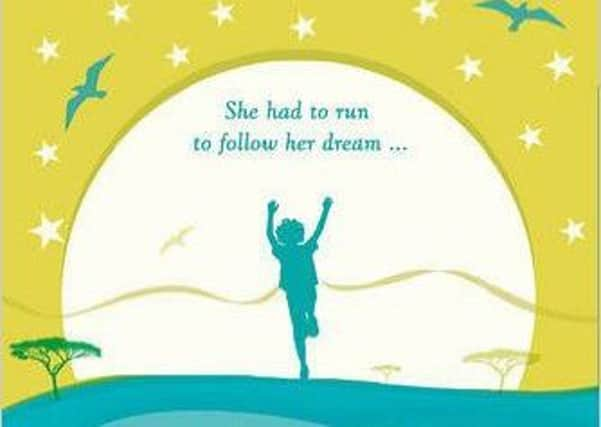Treacherous refugee route to Europe and freedom


A promising athlete, Samia, who sleeps with a photograph of her countryman Mo Farah by her bed, trains whenever she can. Aged eight at the beginning of the novel, she agrees to become “brother and sister” with her best friend, Ali, and loves running with him through the streets of her hometown, Mogadishu. She lives what appears to be a fairly normal life, despite the bombs, which have become a constant part of her everyday existence.
Over a few short years – the book ends when she is just 21 – Samia struggles to decide whether she should embark on what she calls “The Journey”, the treacherous refugee route to Europe and freedom.
Advertisement
Hide AdAdvertisement
Hide AdAs Al Shabaab gains more power, Samia, who eventually qualifies as a competitor in the Beijing Olympics, is increasingly forced to train in secret: running after dark, sprinting under a hijab. Left with little choice, she decides to go. And this is where the book’s heartbreaking truth becomes most poignant: Little Warrior is based on a true story.
Catozzella’s novel has fictionalised the short life of runner Samia Yusuf Omar. The truth/fiction juxtaposition of the story is difficult to handle at times – especially as the novel, which won the Premio Strega Giovani Prize in 2014, is written in the first person. We know that it has not been written by Samia herself, yet her voice is so vivid that it is hard to imagine that the real life experience of Samia could have differed much from that of the character portrayed by Catozzella.
The delicate way in which she portrays the tightrope which refugees are constantly walking should ensure Little Warrior will be as popular in English as in its original language.